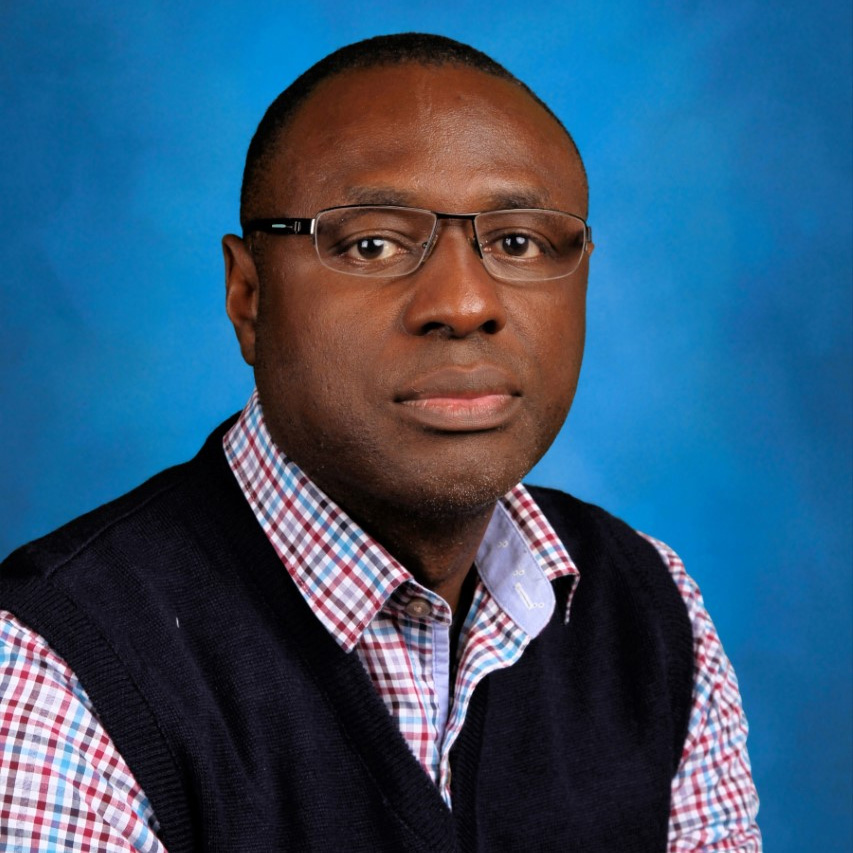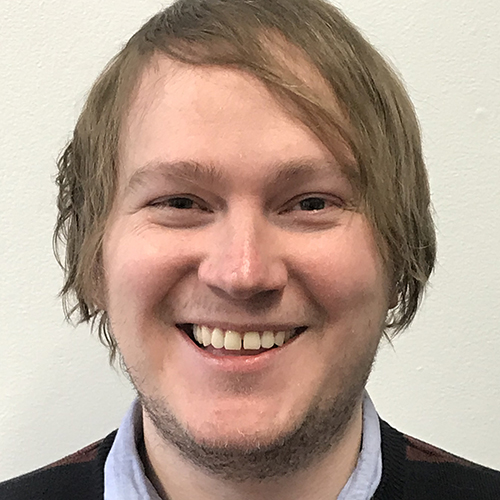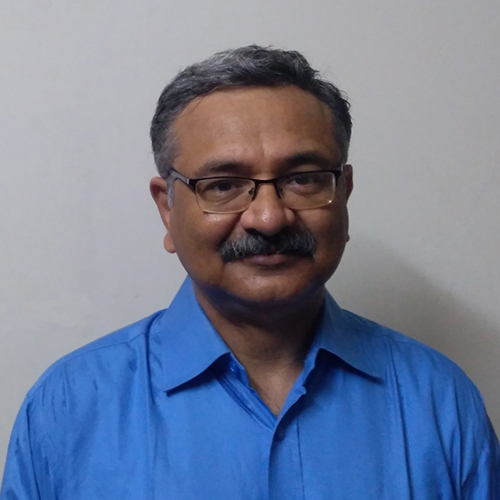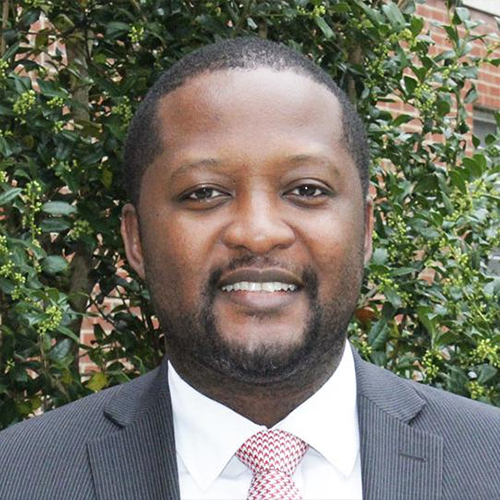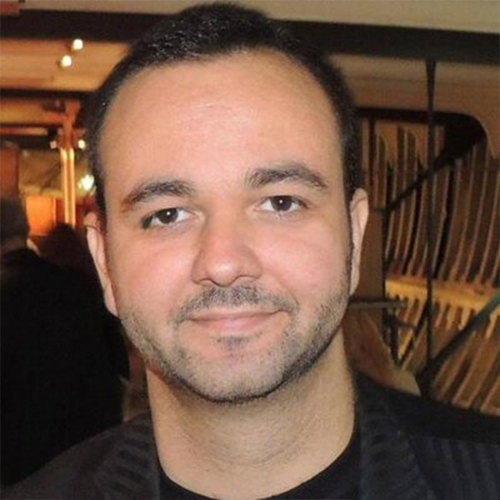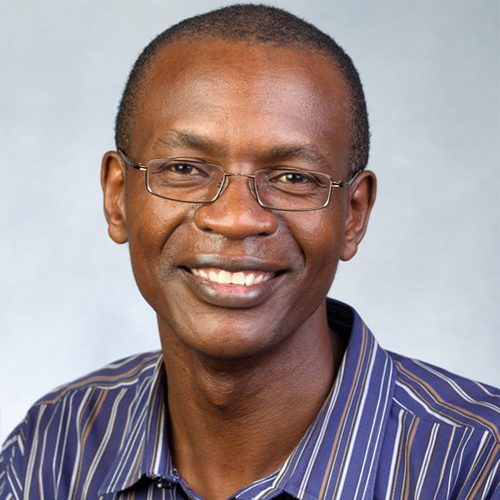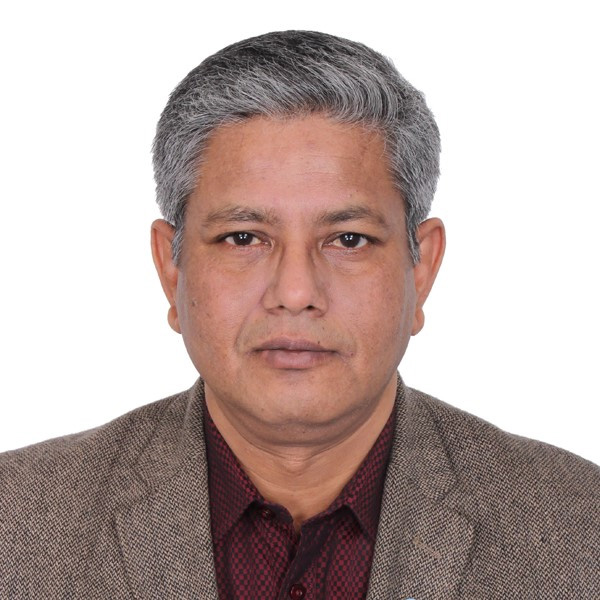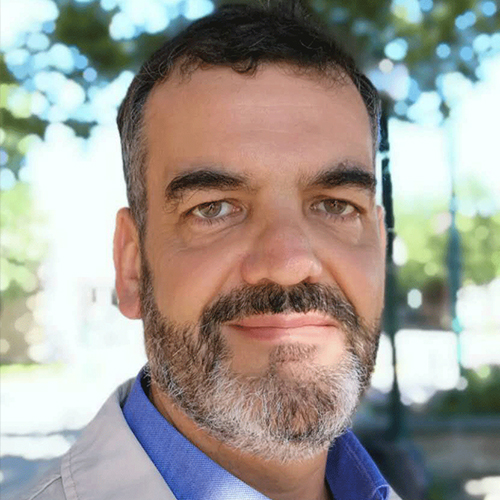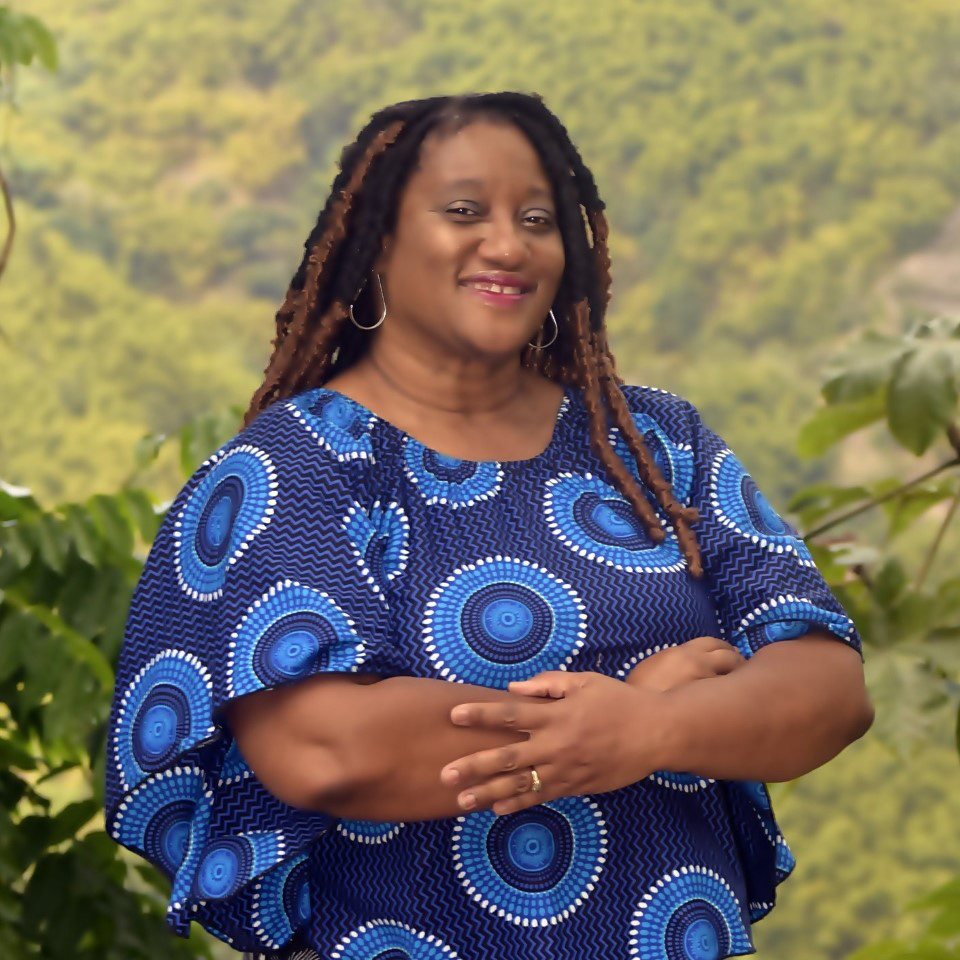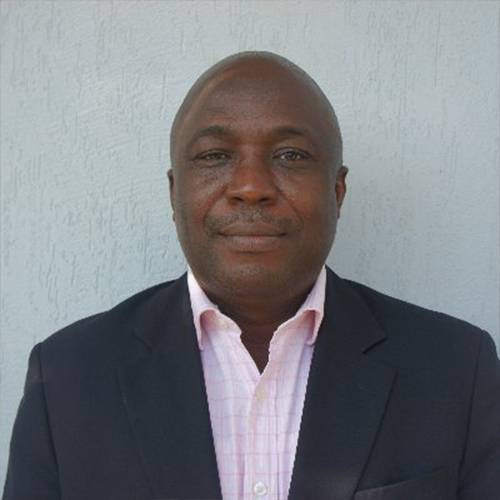Dr. Md. Shamim Hayder Talukder graduated from Rajshahi Medical College in 1996 and later acquired M.Phil in International Community Health from University of Oslo, Norway in 2003. He is the Founder and Chief Executive Officer of Eminence Associates for Social Development (EASD) since 2003. With over a decade of experience as a development professional in areas of public health, he has been exploring the scope of innovative ideas and skills in research, designing the essential and need-based study, surveys, and techniques. Being a focal point of Eminence, he has been providing overall technical and strategic leadership for the expansion and scale-up of activities for the sustainability of the organization and maintaining excellent relations with high government officials, policymakers, donors, and coordination and strong partnerships. Moreover, having scopes to work as the secretariat of different national and international society related to health and nutrition leading participation in policy formulation and implications process, he has acquired combine strong analytical, and management skills with expertise in the participatory appraisal, Strategic Planning, Operations, and Program Management, Review, Policy Advocacy and Analysis, research and evaluation focusing Maternal and Child Health, Reproductive Health, Non-Communicable Disease (NCDs), Urban Health, Communicable Disease, and Nutrition.
As head of the organization, he proactively spends time in different tiers of health and nutrition-related projects and program implementation and management of the technical team, encouraging learning and promoting the increased and efficient service delivery that results in sustainable and effective change in the public health sector of Bangladesh. He has expertise in heading organizational budgeting, projection, reporting, policy formulation, and its better execution. Being a focal point of Eminence, he is maintaining a very good relationship with different stakeholders, donors, partners at the national and international level for mobilizing resources and partnership development for its sustainability. Since its beginning, providing technical assistance to design programs, surveys, surveillance, and innovative study design and scopes to work with over 100 studies. Over the years serving as Member Secretary of the Bangladesh Non-Communicable Disease Forum (NCD-F), is a common knowledge-sharing platform bringing all national agendas together and complement inputs for better strategic directions. Bangladesh Civil Society Network for Promoting Nutrition is a platform headed by Eminence to scaling up nutrition (SUN) in Bangladesh from the start- to ensure sustainability and widely participatory. Also being a former President of the International Society of Urban Health (ISUH) created an opportunity to bring national focus and interest in the international arena.
Dr. Shamim Talukder has 17 years of experience in research, advocacy, training, program implementation, behavior change communication, community business and influential marketing. He has been doing it with utmost sincerity and professionalism since the creation of Eminence. Eminence does both organized professional development courses and provide various tailor-made, demand-based training services for the range of clients. Eminence over years specializes delivering several on-job and off-job training programs for various individual client groups. The training unit is organized with three (3) well-equipped training rooms at its national office, pool of in-house and external resource persons. Institutional and vocational trainings are organized by Eminence to improve the health and developmental situation and IT skills that is needed to interpret and utilize information around us in the best possible way. Need-based trainings are formulated to improve the skills and knowledge of the health and developmental activists. Dr. Talukder has so far conducted training on Occupational Health, Adolescent Health and Communication Skill Development for the staffs of Save the Children (USA).

